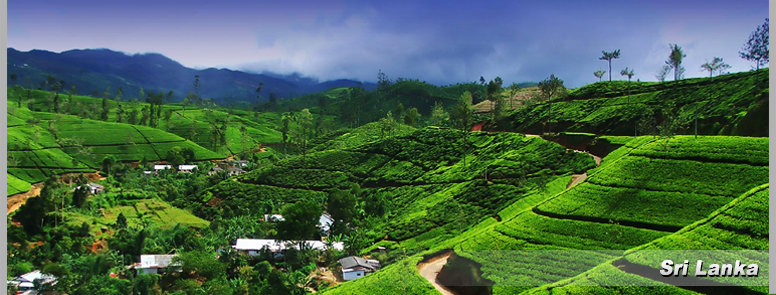Sri Lanka host’s the most diverse endemic species and is considered to be a biodiversity hot spot in the entire world. Sri Lanka is place for several endemic terrestrial species such as amphibians and birds, but also a declining marine ecosystem: with ongoing threats to the coastal coral reef environments. As climate change occurs, Sri Lanka will undergo widespread effects of climate change including, climate variability and sea-level rise, directly affecting the overall abundance and security of endemic species within Sri Lanka. Being an island of 65610 square kilometers, climate change will drastically alter the climate conditions of Sri Lanka, equator. Sri Lanka’s location in close proximity to the equator is extremely imperative in understanding the severity of climate change. Countries located near the equator, receive additional direct sunlight with less area to heat up, causing temperatures in this region to be much warmer than say the North or South poles, where the distance from the sun is much greater, where the heat from the sun in spread out over a much larger area.
Intended Rainstation partners:
1. Agricultural: Rajarata University
2. Climatological: Department of Metereology
3. Technological: to be defined








